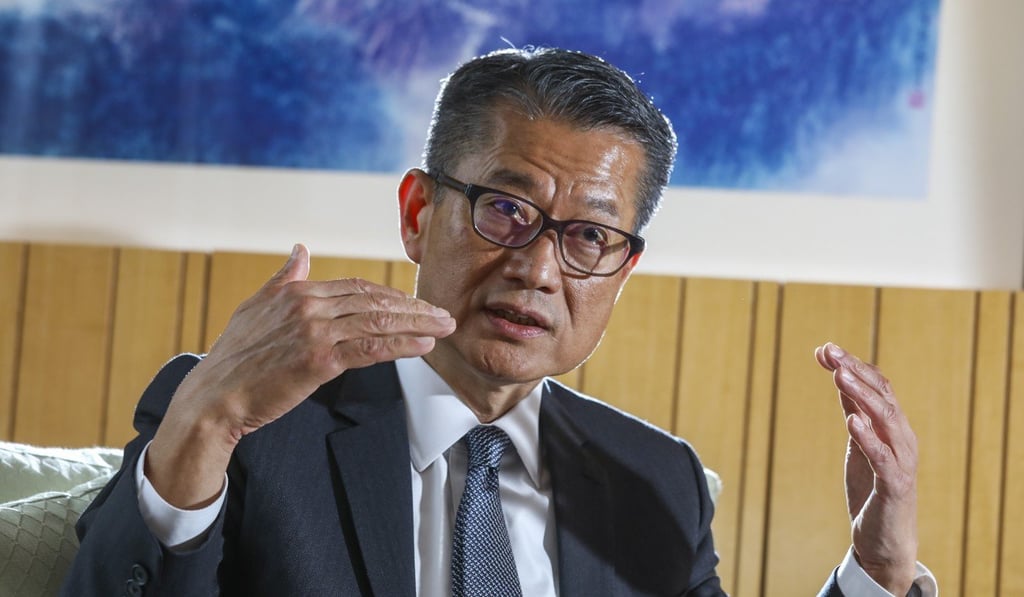Hong Kong residents being misled by extradition bill detractors, says former security chief Regina Ip, warning of possible US sanctions if contentious law is passed
- Ip says government underestimated opposition to the bill and calls for it to be passed through Hong Kong’s legislature as soon as possible
- Opposition to bill has triggered unprecedented clashes in Legislative Council and posed the worst political crisis for Chief Executive Carrie Lam’s administration

An adviser to Hong Kong’s leader has said some residents are being misled by detractors of a controversial extradition bill and urged the government to explain it more clearly.
Former security minister Regina Ip Lau Suk-yee, who sits on both the city’s executive and legislative councils, also raised fears the US would impose sanctions on Hong Kong for passing the bill that would allow the transfer of suspects to jurisdictions with which the city does not have an extradition deal – including mainland China.
Financial Secretary Paul Chan Mo-po agreed there were misconceptions about the bill, writing on his weekly blog that it would make Hong Kong safer.
“Society and the business sector have many doubts about the extradition bill. Some are caused by misunderstanding or a lack of understanding about it,” Chan wrote, adding the administration had been doing more to clarify details of the legislation.
